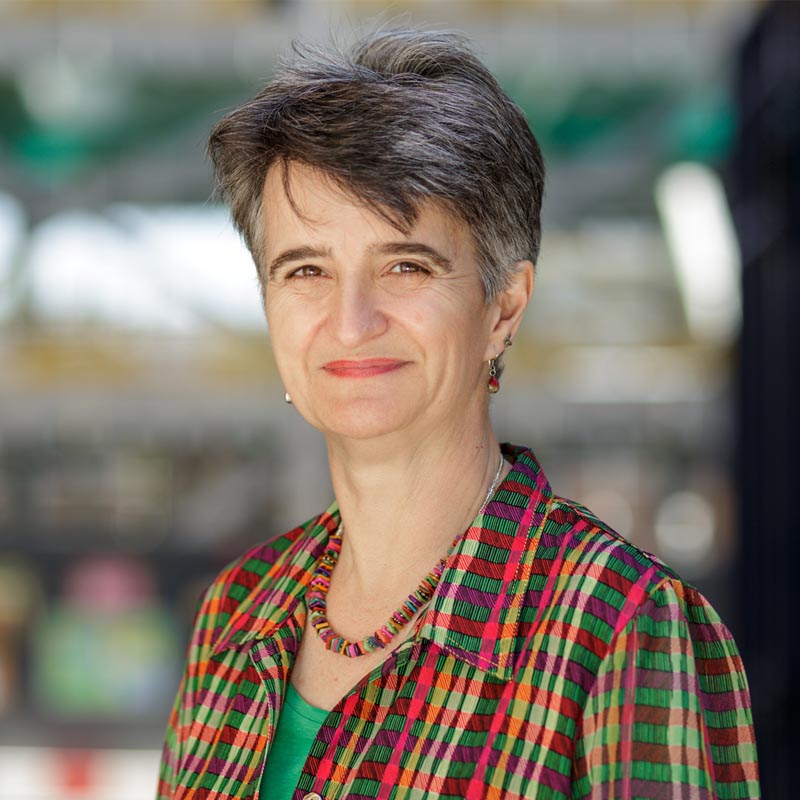I recently returned from a visit to Southern Spain. I am used to visiting countries where either I can speak a bit of the language such as France or Italy, or it is a country where most people speak good English, especially in tourist spots. This is not so much the case in less touristy parts of Andalucía, and I was struck by how frustrating it was not feeling able to communicate or understand Spanish. There were things I wanted to ask the locals about where to go, and the menus in restaurants were a complete mystery! I had a similar experience when visiting South Korea a few years ago with my daughter. I felt a bit disorientated and less confident.
This reminded me of the many people I have met in care homes over the years whose first language isn’t English. As many people are aware, the course of dementia can lead people to revert to their first language and lose fluency in their second language which has been learnt later in life so is less embedded in the brain. I frequently meet people who talk very animatedly in their own language, expecting an appropriate response. The best we can do is to guess the general mood of the communication in the facial expressions and body language, nod to indicate we are listening and respond kindly in English. This often feels very inadequate and I wonder how frustrating this must feel for the person having this rather minimalist response day in day out. If that person has infrequent visitors from family or friends, then you can only imagine how lonely it must feel. As the Alzheimer’s Society says, “Language is a fundamental part of our human experience.”
Lack of knowledge of someone’s mother tongue can also make it difficult to do a meaningful assessment of a person’s cognitive abilities. It might be easy to assume the person has less insight and ability than they actually have, because of the limitations of verbal communication.
In one care home in Hamilton, Ontario, Canada, I met an Italian woman in the home. As far as I was aware, there were no staff at the time who spoke Italian. I speak reasonably good Italian, so I was able to greet her and continue a conversation with her. I will never forget the woman’s face when I spoke in Italian. She lit up with a huge smile and there was a tear in her eye. She kept repeating the words “Bella donna” (beautiful woman) whenever she saw me throughout the afternoon. The team members told me they rarely saw her so alive and animated. What had I given her? The simple but huge gift of her mother tongue being heard and understood.
Many teams do their best by using Google translate or by learning key words in the person’s language to convey specific messages, but this is often in relation to a task such as offering food or helping someone during personal care. Whilst a good start, this really doesn’t replace the opportunity for a real conversation with someone who speaks your language fluently.
What can we do to improve the plight of people who find themselves in the situation of being culturally isolated in this way? Actively recruiting staff or volunteers from the same country is one possibility. We might need to be creative about how we do this, for example trying to connect with a local community group from that nationality, whether Italian, Polish, Hindu-speaking etc. There may be possibilities for the person to go out of the home on a regular basis to join that community or for someone to come in and befriend them.
How well are we doing with this? Do we know people we support who are in the situation of rarely hearing their mother tongue spoken and never feeling that they are truly understood? This must surely be a fundamental part of the essence of person-centred care.
We can and must do better!

Consultant and Trainer
MCM

